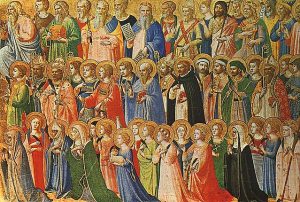
What’s a saint for?
The church continues to struggle who and what we’re celebrating in the Lesser Feasts – maybe there’s a better way?


The church continues to struggle who and what we’re celebrating in the Lesser Feasts – maybe there’s a better way?
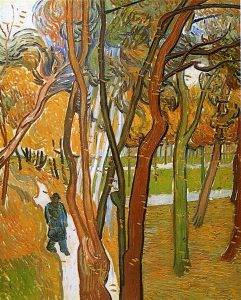
Guide our ways and point us to the light that never fades. So that a dark, November night can be our healing and our balm.

We can’t know in advance whose life will have been the kind of life that speaks of holiness, and so we can’t look out on this morning’s congregation and know who is a saint and who is a sinner.
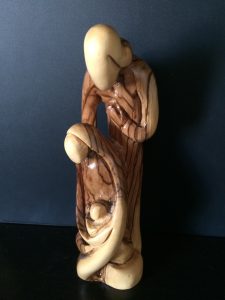
We don’t really know that much about Joseph and I wonder if that causes us to give him the short end of the stick. Yet, the imagery of a loving father that Jesus uses to talk about God implies that Joseph played an important role in his formation. The way in which Joseph participates in the Incarnation suggests that perhaps we all have a role in birthing God into the world.

So let’s all try this week to look at the bracket of Lent Madness, read the biographies of the saints proposed, and find something that we can have in common with those formerly sinful people, many who don’t have the word “saint” in front of their name. It might just be an enlightening adventure.

In this episode, Tim Schenck and Scott Gunn join the conversation and get into the details of creating Lent Madness and what we have to look forward to this year
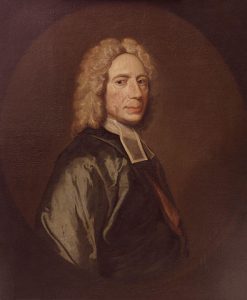
It would be a very dull world if we all were alike enough to all like the same hymn. We all have different experiences, different needs, different tastes. I think Watts understood this, and wrote accordingly.
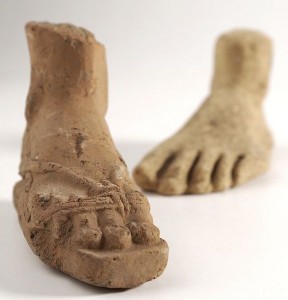
I don’t know of Mother Teresa ever really planned on becoming a saint. I kind of doubt it. Does anybody really set out with the intention of becoming a recognized Saint throughout the church?

There are those who seek knowledge for the sake of knowledge; that is Curiosity. There are those who seek knowledge to be known by others; that is Vanity. There are those who seek knowledge in order to serve; that is Love. – Bernard of Clairvaux

Do your children know that your favorite artists are people of faith? Do your grandchildren and their friends appreciate what they were saying with their art? How does your own theology compare? Can you talk about that with your friends?